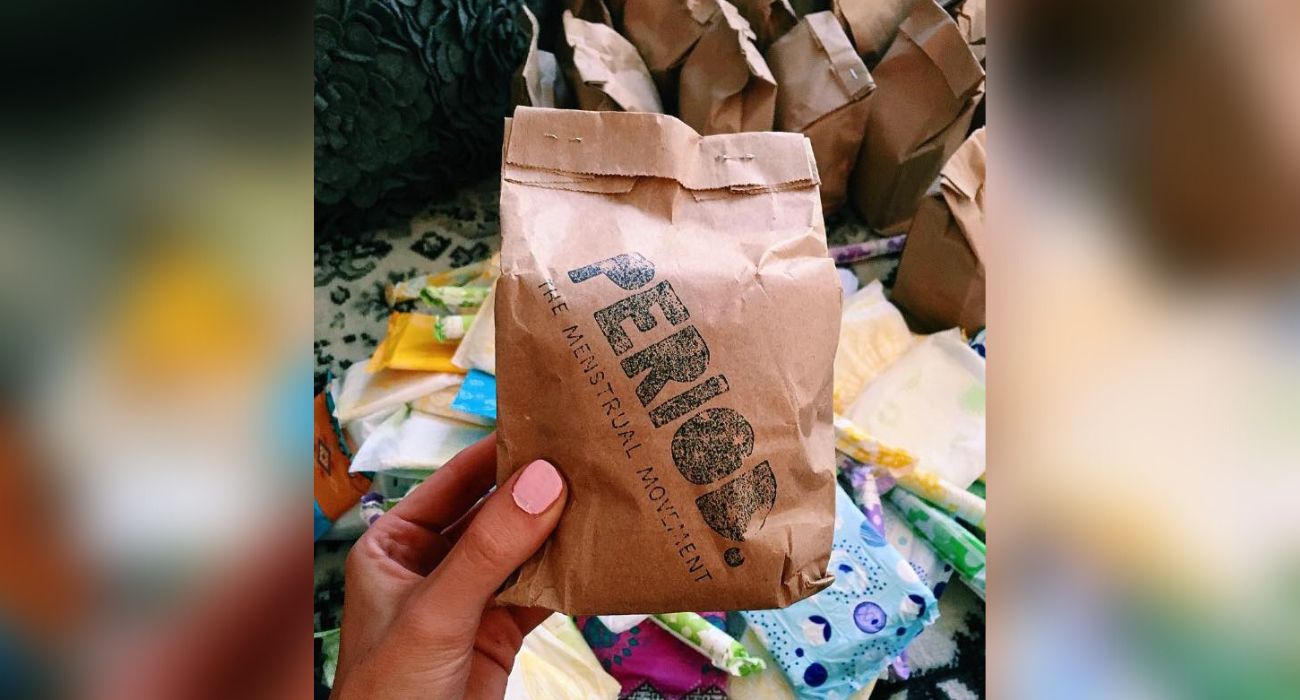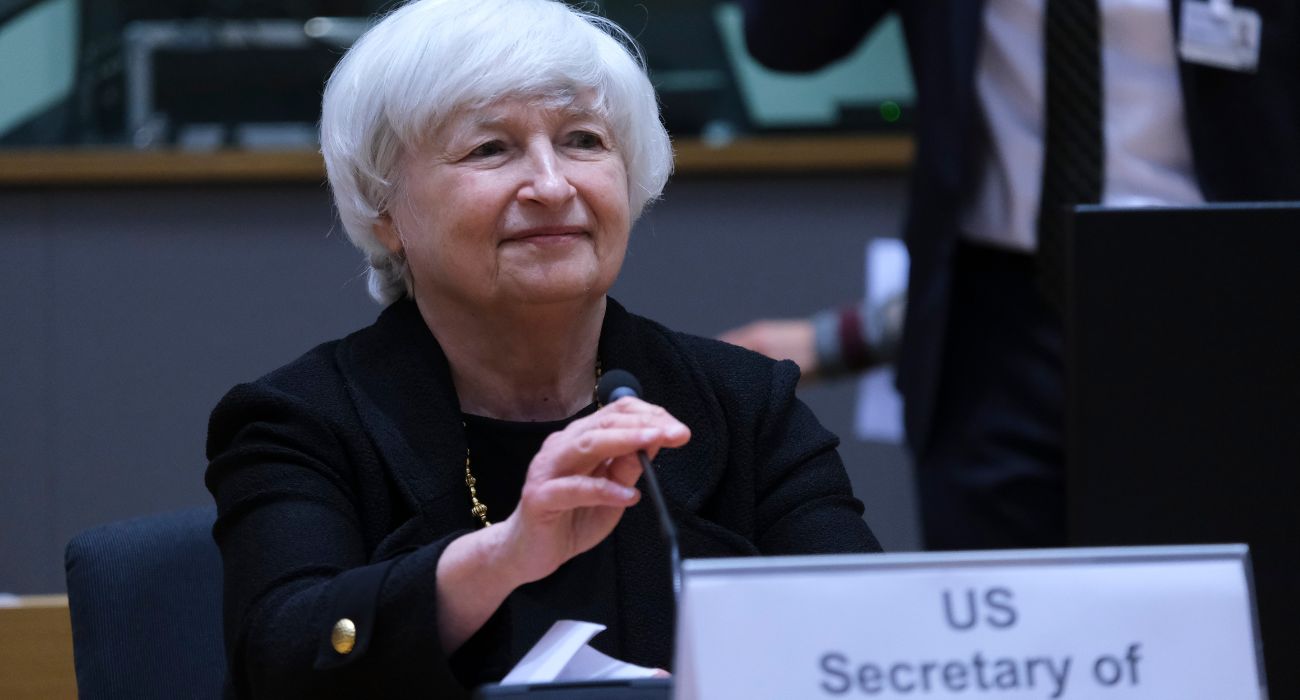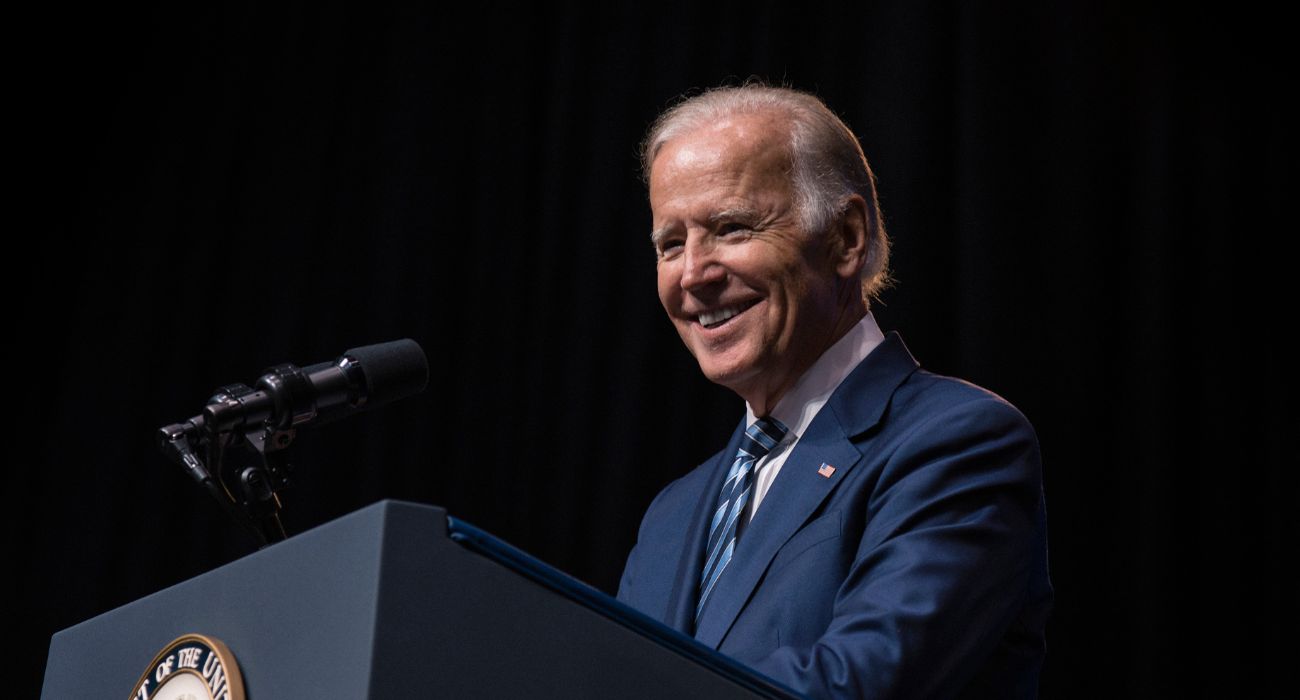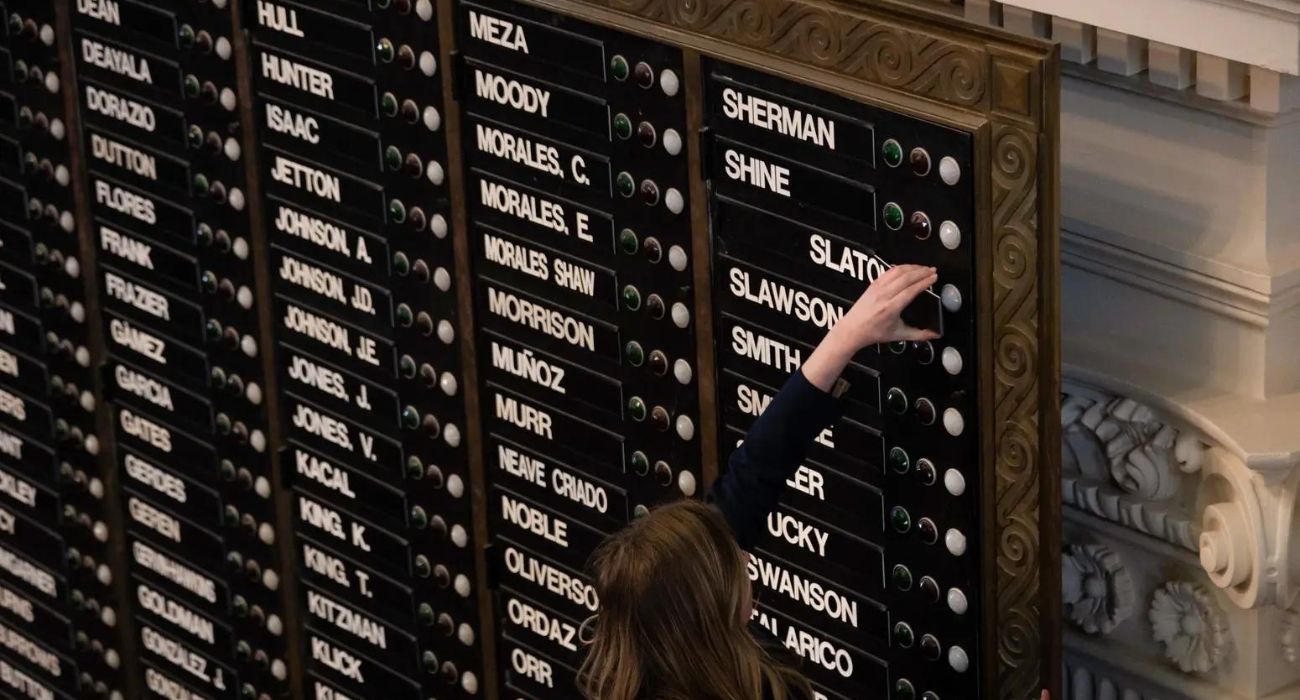The Dallas City Council has approved funding for a program that provides free menstrual products throughout Dallas.
The pilot program Period Access Dallas (PAD) was launched six months ago. On Wednesday, the program was approved by the city council for another two years at an estimated cost of $216,500, to be taken out of the City’s Racial Equity Fund.
PAD provides free pads and tampons to lower-income Dallas residents at select public facilities such as libraries and community centers. The recently-approved resolution will expand the program beyond its pilot phase.
However, the funding was not approved unanimously, as council members debated whether this program was an appropriate use of City funds.
“As a policy, do you believe it’s the taxpayer’s role to pay for hygiene items?” asked Councilmember Cara Mendelsohn of District 12.
Jessica Galleshaw, director of the Office of Community Care, replied that it “is appropriate” to use City funds to provide menstrual hygiene products because it aligns with the “racial equity goals” adopted by the City.
Mendelsohn then asked Galleshaw if she believes the City should fund other hygiene items such as diapers, shampoo, and toothpaste.
“We have in the past,” Galleshaw replied, referencing grants received by the City, partnerships the City has made with nonprofits, and projects funded by the City’s general fund.
Galleshaw argued that PAD is a worthwhile program because it provides a necessary service to lower-income people for something that she argues is stigmatized by society.
“When we’re doing something that has the stigma and sensitivity [of] talking about periods and menstruation, and requesting support for those needs, we want to minimize the effort that we have to require our residents to put into asking for that,” she said.
“I’m very much in support of destigmatizing [periods],” Mendelsohn responded. “On the other hand, I don’t know that it’s the role of City government to provide hygiene items. There’s a place for it,” she continued, “I think it’s in the philanthropic community, possibly in the federal government, but I don’t think it’s local government.”
Mendelsohn expressed concern for where this program may lead, asking if it would lead to the City spending money on other forms of hygiene products in the future.
She said that she will vote in favor of the item, but recommended the council reassess where the program’s funding comes from.
“I don’t think the Dallas taxpayer is expecting that they’re paying for pads and tampons for Dallasites,” she said. “I don’t think that’s what they think their tax dollars are going to.”
Councilmember Adam McGough, District 10, echoed Mendelsohn’s concerns.
“I absolutely love the motivation and the intent behind this work, but I think the space for local government is in the awareness and advocacy,” he said. “I’m concerned [for] where this goes. I don’t think this is the place for Dallas taxpayer money.”
While some council members questioned whether this program is an appropriate use of City funds, others supported it and argued in favor of its continuation.
“We will be judged as people and as a city by how we care for the most vulnerable,” said Councilmember Jaynie Schultz, District 11. “This, to me, is a perfect example of exactly the City’s role … to address the needs of those who are the most vulnerable.”
She added, “This is exactly the kind of program we ought to be funding because it keeps people in school and at work,” referencing how allegedly 43% of women surveyed through PAD’s pilot launch said they have missed school and/or work because they did not have access to menstrual products during their period.
“I think it’s a great program, and I will actively support this,” Schultz concluded.
District 7 Councilmember Adam Bazaldua emphatically supported the funding, saying, “If we are supposed to be caring for our most vulnerable, this is a necessity.”
Councilmember Paula Blackmon, District 9, was sympathetic towards her fellow council members who considered the program the proper role of City government. Still, she maintained that the money being spent on PAD is “seed money” that will launch more initiatives in the private sector.
“But we can’t as a City ask our partners to participate if we’re not putting skin in the game ourselves,” she said. “The intent here is not to be a program that grows to millions of dollars.”
The council voted shortly thereafter and approved $216,500 of funding for Period Access Dallas over the next two years.







I agree with Councilwoman Cara Mendelsohn that it is questionable whether or not as a policy it’s the taxpayer’s role to pay for personal hygiene items. This policy should not be expanded any further.
Oh for Pete’s sake. First off, it’s a racial issue? I don’t believe menstrual cycles affect one race above another. When my Mother was growing up, they had to use rags (hence, “She’s on the rag). That’s what poor people did back then. The government didn’t give them a dime. It’s called being self-sufficient.
Dallas has far bigger problems to be solved than this.